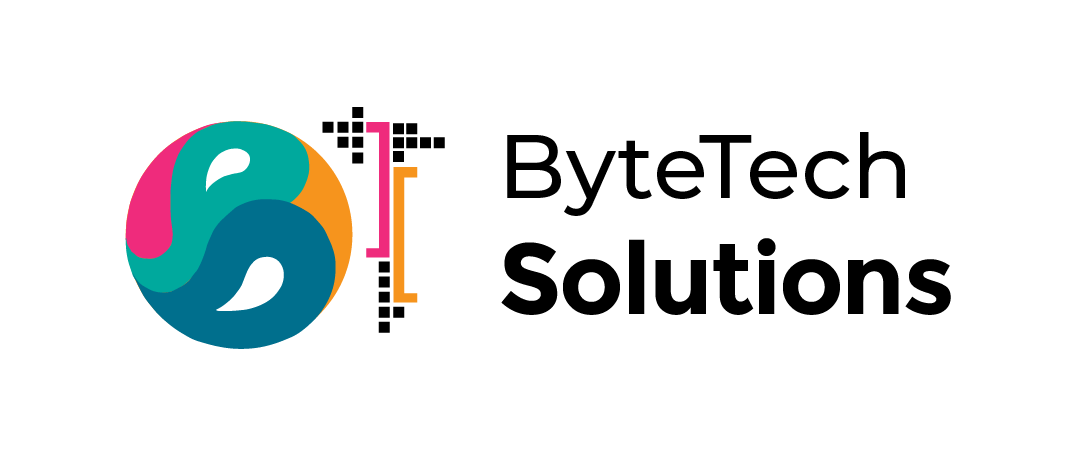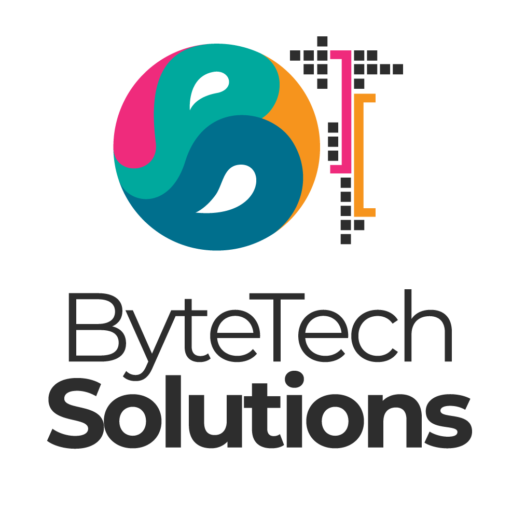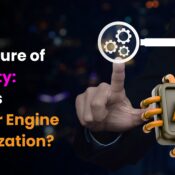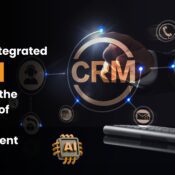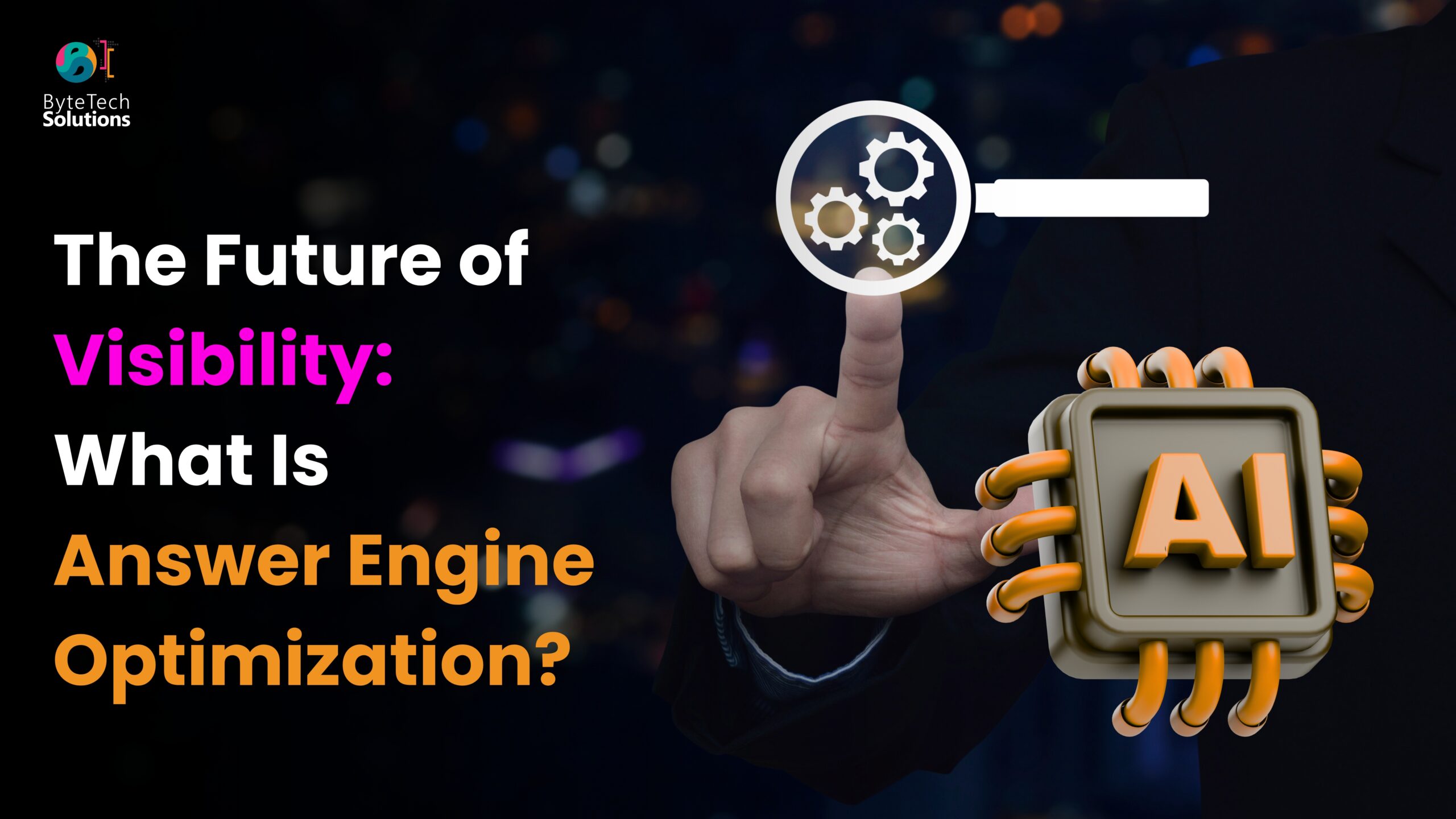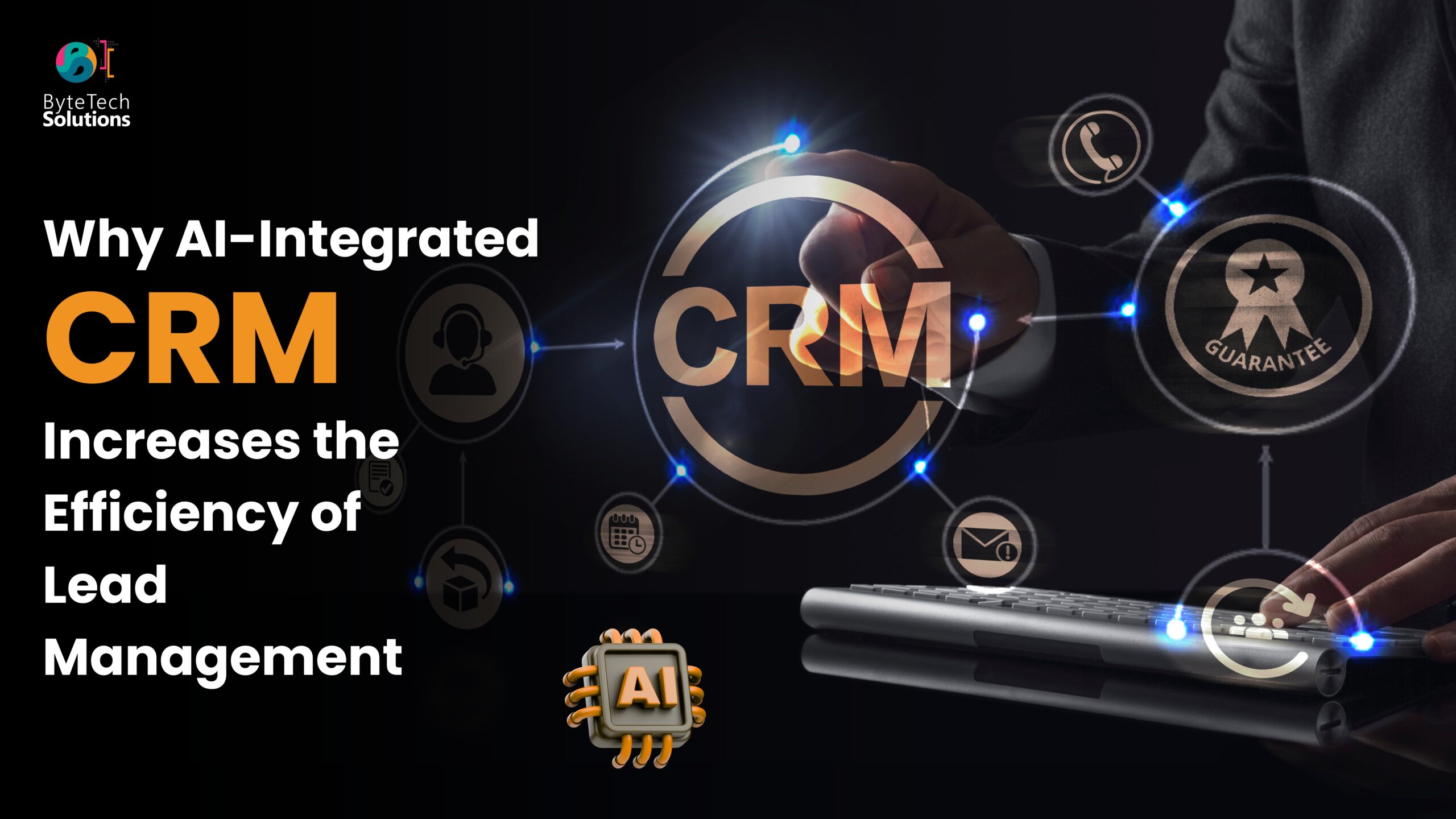
Solutions for all small and large business
AI is transforming CRM software development services. Learn real-time data insights, predictive analytics, automation, and future trends in AI CRM systems.
Why AI-Integrated CRM Increases the Efficiency of Lead Management
For years, CRM software was nothing more than a digital filing cabinet, somewhere to store customer details and track interactions. While that was useful, it often felt slow, clunky, and reactive. Businesses had to manually enter data, pull static reports, and guess what customers might want next.
That’s no longer the case. Thanks to Artificial Intelligence (AI), CRM systems have evolved into smart, dynamic platforms that actually help businesses understand and serve their customers better. AI can process data in real time, predict future behavior, and personalize every interaction. It’s like having a digital assistant that knows your customers as well as you do, maybe even better.
This shift isn’t just an upgrade; it’s a complete transformation. Companies that embrace AI-driven CRM software are moving faster, making smarter decisions, and staying ahead of the competition. Here’s why AI is shaping the future of CRM development.
From Manual Tools to Intelligent CRM Systems
Traditional CRMs required a lot of manual effort. Teams had to type in customer details, create reports by hand, and rely on guesswork when planning their next steps. It worked, but it wasn’t efficient, and it certainly wasn’t personalized.
AI has changed that. Modern CRM platforms now handle repetitive tasks automatically and analyze massive amounts of data in seconds. They don’t just store information; they make sense of it. This means businesses can spot opportunities sooner, nurture leads more effectively, and keep customers happier without adding more hours to the workday.
The result? Smarter, faster, and more proactive customer management than ever before.
How AI Changes the Game for CRM
CRM is now more than just automation thanks to AI. In fact, modern technologies are capable of “thinking” in ways that enable companies to engage with clients more deeply. AI may, for instance, determine which leads are most likely to make a purchase, identify potential consumer dissatisfaction based on an email’s tone, and create personalized rather than generic messages.
At its core, AI brings three big advantages to CRM: personalization, automation, and intelligence. Personalization means every customer interaction feels tailored to them. Automation saves time by handling routine tasks behind the scenes. Intelligence gives the system the ability to learn and get better over time, which means your CRM gets smarter the longer you use it.
This combination has turned CRMs into powerful tools that help businesses stay one step ahead instead of playing catch-up.
Making Faster Decisions with Real-Time Insights
In a fast-paced digital world, businesses don’t have the luxury of waiting for weekly reports or manually updated dashboards. Customers expect quick responses and relevant offers, and companies need real-time information to deliver that.
AI-powered CRMs provide exactly that. Sales teams can see immediately when someone is highly engaged on the website. Marketing campaigns can be adjusted mid-launch based on live performance data. Support agents can understand a customer’s mood through sentiment analysis and resolve issues before they escalate.
Having these real-time insights means businesses can make quick, confident decisions, and that’s a huge advantage in today’s competitive market.
Predictive Analytics: Knowing What Customers Will Do Next
One of AI’s most powerful abilities is predicting what’s likely to happen next. By looking at past behaviors and interactions, AI can forecast customer actions with surprising accuracy.
Businesses greatly benefit from this. The technology can alert your team if a valuable customer is in danger of leaving so they can take appropriate action. AI can identify a lead who is ready to buy so your sales staff can give them priority. Businesses may now avert issues and take advantage of opportunities sooner rather than later thanks to predictive analytics.
Personalization That Feels Real
Customers don’t want to feel like just another name in a database—they want brands to understand their needs. AI makes this possible. By analyzing interactions across emails, social media, websites, and more, AI-powered CRMs build detailed profiles for each customer.
This information allows businesses to send relevant messages at the right time. For example, if someone abandons their cart, the system can automatically send a personal discount offer. If a loyal customer hasn’t engaged in a while, the CRM can suggest a targeted re-engagement campaign.
When personalization feels natural and timely, customers feel valued, and that’s what keeps them coming back.
Automation That Actually Thinks
Automation isn’t new to CRM, but AI has made it much smarter. Instead of just scheduling emails or setting reminders, AI can decide which tasks matter most, when to reach out to someone, and even how to phrase messages based on their personality and preferences.
AI chatbots now handle common customer questions around the clock. They’re not just scripted bots, they learn from each conversation and know when to involve a human agent. Lead scoring and routing are automated too, meaning that your best sales reps always get the most promising opportunities.
This level of intelligent automation frees teams to focus on what humans do best: building real connections with customers.
The Rapid Growth of AI CRM
The market for AI in CRM is exploding. Analysts predict it will grow by over 40 percent annually, hitting more than $100 billion by 2030. Companies that have already adopted AI-powered CRM software report higher customer satisfaction, reduced churn, and major boosts in productivity.
This growth isn’t just hype, it’s proof that AI-driven CRM delivers real, measurable value. As more businesses see these results, investment in AI-powered development services is only going to accelerate.
What Makes Next-Generation AI CRMs Different
Not all AI-enabled CRMs are created equal. The most advanced systems go beyond basic automation with features like conversational AI, emotional intelligence, and self-learning capabilities.
These platforms can hold natural, multi-turn conversations with customers, detect emotions in messages, and continuously refine their predictions without constant human input. They also handle tasks like cleaning and organizing data automatically, ensuring the CRM stays accurate and easy to use.
This new generation of AI CRMs feels more human, more intuitive, and far more capable than the traditional systems we used to rely on.
Why AI Will Lead CRM Development
AI isn’t just a trend, it’s shaping the future of how businesses manage customer relationships. From acquiring leads to nurturing loyalty, every step of the customer journey is being enhanced by AI’s ability to understand data, anticipate needs, and personalize experiences.
As technology continues to advance, we’ll see even smarter forecasting, more natural voice and chat interactions, and deeper integration with other business tools. Companies that adopt AI CRM solutions early won’t just keep up with change, they’ll lead it.
At Byte Tech Solutions, we’re already building custom AI-powered CRM software designed for the next generation of business needs, helping brands stay ahead with tools that truly understand their customers.
FAQs
What is AI’s role in modern CRM systems?
AI turns CRM platforms into intelligent systems that automate tasks, personalize experiences, predict behavior, and boost productivity.
How does AI improve CRM functionality?
It provides real-time insights, streamlines workflows, and creates personalized customer interactions, leading to better relationships and higher ROI.
Is AI CRM suitable for small businesses?
Yes. AI CRM solutions are scalable and give small businesses the same powerful insights and automation tools that larger companies use.
Can AI replace human customer service
No. AI handles repetitive tasks, but human teams are still essential for complex issues and relationship-building.
How do AI-powered CRMs forecast customer behavior?
They analyze past interactions, purchase history, and engagement patterns to predict future actions and recommend the best next steps.
All Categories
Recent Posts
The Future of Visibility: What Is Answer Engine Optimization?
How Is AI-based ERP Software Transforming Business?
Solutions for all small and large business

